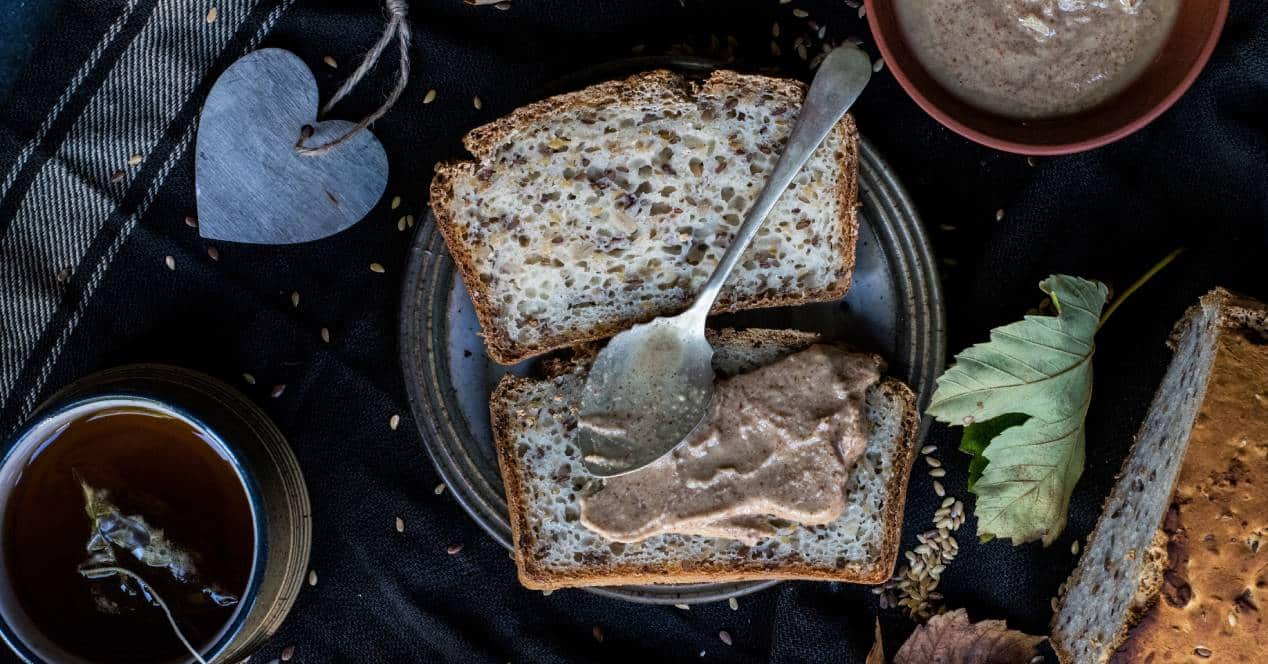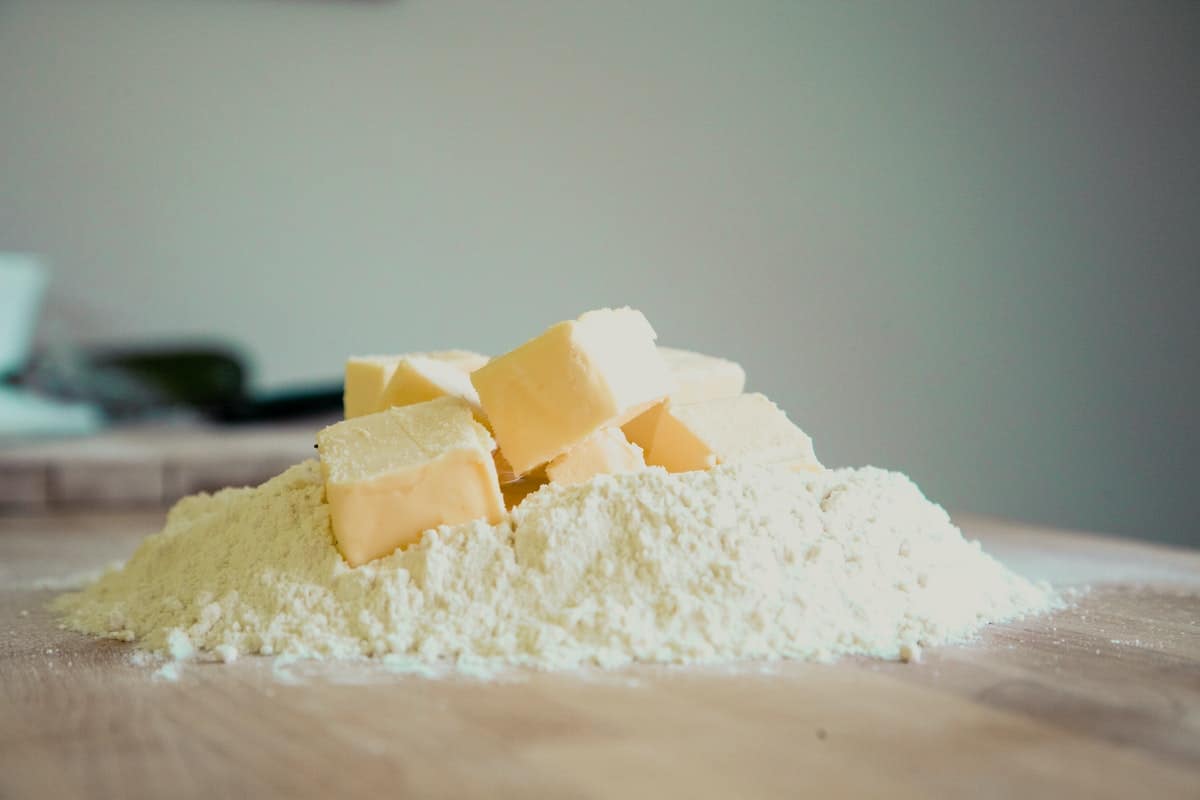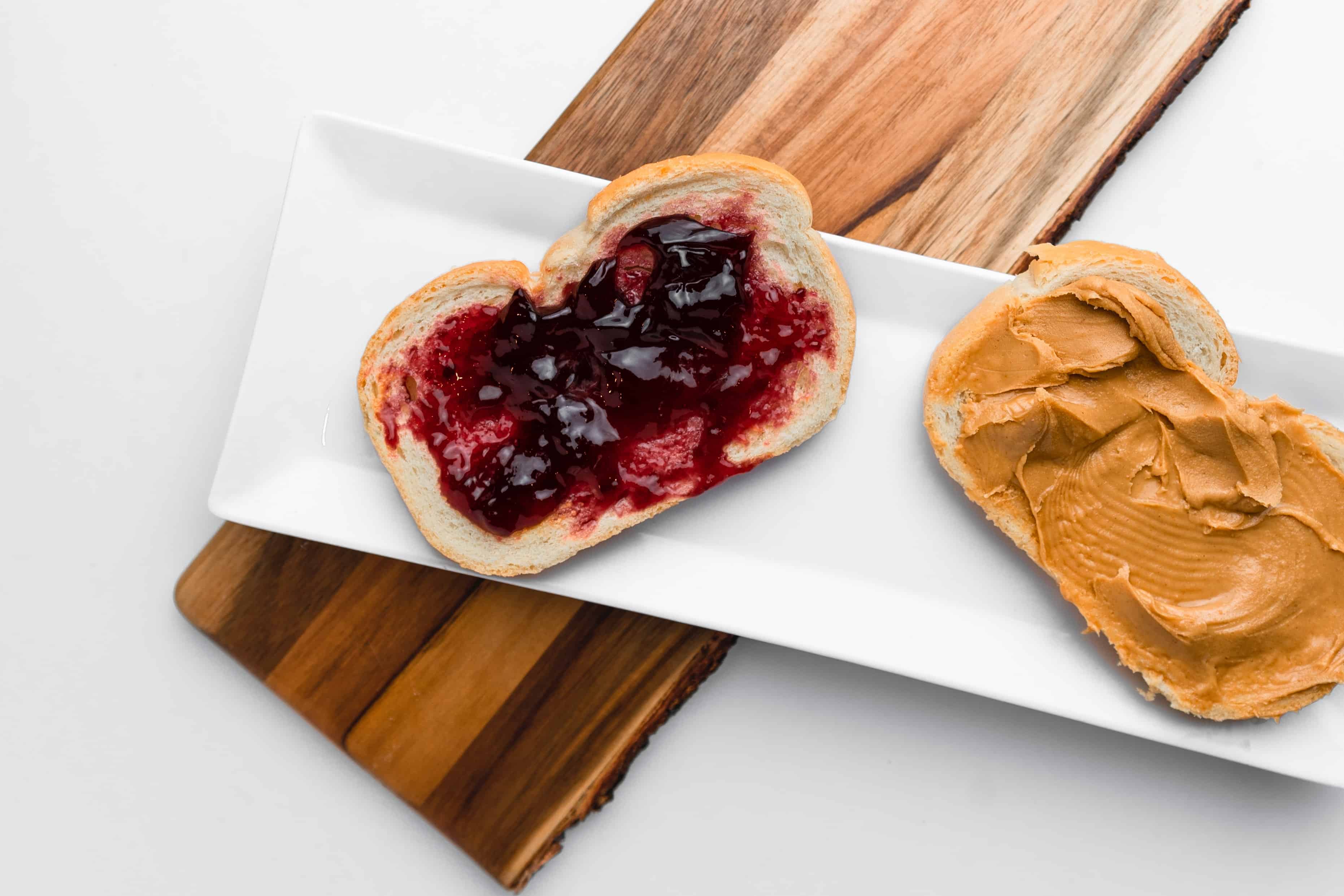
For most of us, peanut butter needs no introduction. This favorite staple has become a go-to for athletes and non-athletes alike as a satisfying source of calories. These days, however, you've probably seen a growing variety of powdered nut butters in supermarkets.
Some hail these powders as a low-calorie solution for peanut butter lovers, while others are concerned about some of the potential nutritional consequences of cutting the fat out of nuts. So, we break down the pros and cons of butter powder so you can decide whether or not to pick up a little jar on your next trip to the grocery store.
What is powdered nut butter?
This type of butter is made from whole roasted nuts that have been pressed to remove most of the oil, and then the remaining nut particles are ground into a fine powder that retains much of the fruit flavor. First it was powdered peanut butter, but now you can also find almond butter in the same format. Brands also offer different flavors and supplements, such as probiotics or protein powder.
Most labels on powdered butter show how little fat (about 90 percent less) it contains compared to its spreadable counterpart. What you are left with is a product that is primarily made up of protein and carbohydrates. Here's a quick macro comparison:
One serving size, 2 tablespoons of powdered peanut butter contains:
- 70 calories
- 2 g fat
- 8g protein
- 5 g of carbohydrates
One serving size, 2 tablespoons of traditional peanut butter contains:
- 191 calories
- 16 g fat
- 7g protein
- 7 g of carbohydrates
On paper, that might sound like a no-brainer to go with one particular type—now you can get all that great peanut butter flavor for far fewer calories and fat. But getting rid of this fat isn't necessarily going in your favor.

Why do you need healthy fats?
The fat in nut butter is mainly of the type unsaturated Heart healthy: About 75 percent of the fat calories in peanut butter are unsaturated and about 85 percent of the fat calories in almond butter are unsaturated, including monounsaturated fat.
Foods high in monounsaturated fats, such as nuts, have been shown to improve both cholesterol and blood pressure. But keep in mind that these benefits have been shown specifically when monounsaturated fats are used to replace some of the saturated fats or processed carbohydrates in your diet.
That fat in the butter spread can also increase satiety and improve satisfaction of meals or snacks, which can help reduce overall food intake. That's why you should look to incorporate at least a little fat with every meal, and snacking and nut butter can be an easy way to do that.
The usual cream also contains Vitamin E, a fat-soluble nutrient, that helps your body absorb fat, which is largely removed when fat is removed from whole nuts to make powders. Research supports the idea that a higher intake of vitamin E is associated with a better brain function. Consuming only powdered butter may be a missed opportunity to add more beneficial fats and vitamin E to your diet. That being said, you can also get it from other sources, such as olive oil, seeds, and avocados.
It is also worth mentioning that athletes who engage in high volumes of training can simply benefit from the extra calories of a full-fat nut butter. Adding nut butter further improves the caloric density of a meal or snack, without adding a giant amount of bulk. This can be key for athletes who are looking to get extra calories, but don't have the appetite to consume large volumes of food at one time.
Athletes may consider using both powder and traditional butter in different ways to help meet their caloric and protein needs.

Services
Just like regular butter, the powdered version is a great way to add an extra dose of plant-based protein to your diet. And that may be a recipe for longevity, as research suggests that higher intake of plant protein can improve various cholesterol numbers for better heart health. If you are following the trend to eat more of a plant-based diet, these powders may be a good option.
It's easier to cook
Another benefit of using butter powders, over spreadable versions, is that it is easier to cook because they do not cake. That means they blend smoothly and easily into oatmeal, yogurt, smoothies, and batters for pancakes and baked goods. Personally, I like to whip up plain yogurt with powdered peanut butter and a bit of plant-based sweetener for a protein-rich nut butter sauce that's perfect for dipping fresh fruit.
You can even reconstitute powdered butter with water for spreadability if that's what you're in the mood for that day: 2 tablespoons powdered butter, when reconstituted, makes 1 tablespoon butter spread. (It's worth noting that it won't be as creamy as traditional ones.)
Contains less fat
Also containing much less fat, powdered nut butters are more pantry stable, so the clock ticks slower when you have to use a canister.
However, many peanut and almond butter powders contain additional sweeteners, such as powdered cane sugar, which can be a concern for athletes, who already eat too many sweet things. It is possible to opt for sugar-free options if you are trying to reduce your sugar intake. Still, most jars contain only 1 to 2 grams of added sugar per serving, so it's unlikely to be a significant source of added sugar in your diet unless you eat large amounts.
It has fewer calories
Powdered nut butter contains fewer calories than traditional butter, since most of the high-calorie fats have been removed. It's also a good source of fiber and protein, which studies show can help regulate appetite.
Powdered butter can be a good choice for people looking for easy ways to reduce their calorie intake or for those on calorie-restricted diets. However, science has shown that regular consumption of nuts does not contribute to weight gain, even though they are a rich source of calories and fat. This may be because nuts increase satisfaction and fullness after a meal, which naturally decreases calorie intake from other foods throughout the day.
The unsaturated fats found in nuts may also help the body burn more calories while you rest, but this effect hasn't been replicated in all studies. More research is needed. However, keep in mind that commercial butter often contains added vegetable fats. For this reason, powdered butter is probably better for your health.
Finally, spoon by spoon, the nut butter powders they cost about twice as much as usual.